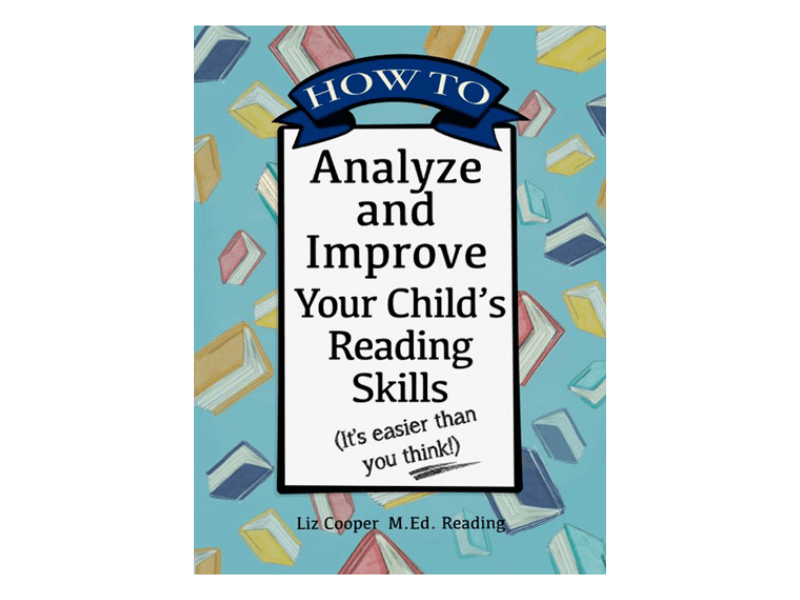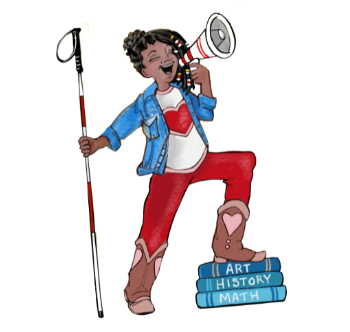
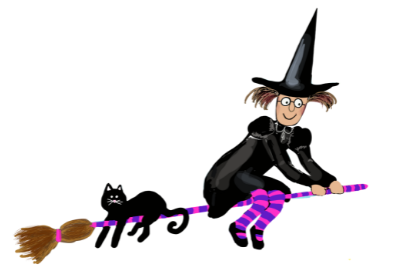
LIZ COOPER
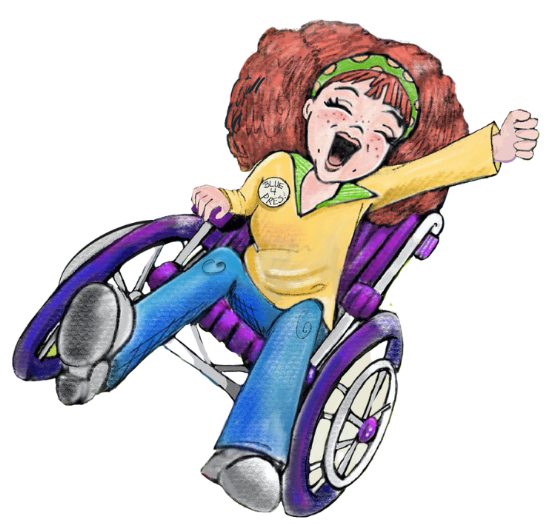

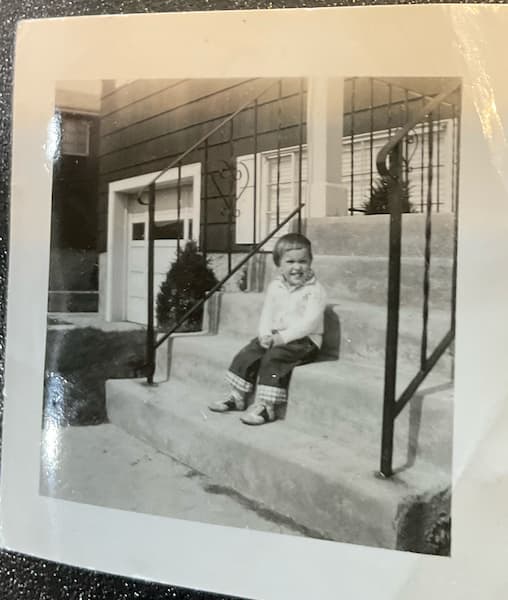
When I was a kid in the 1950’s, there was no such thing as home computers, cell phones, and gaming systems. We didn’t even have color TV, much less streaming video. I will never forget the first time I saw a TV show broadcast in color. We were visiting out-of-state friends, and they turned their brand-new TV just in time to catch the opening strains of the Disney program. It aired every Sunday around 7 pm and started with an animated fireworks display shooting off behind Cinderella’s Castle at Disneyland. An unseen chorus sang the opening number, something about the world being “magic and full of color…color….coooolor.” It was too long ago to recall the exact words. However, I will never forget how stunning the image was.

Until then, I had only seen black and white TV. Even animated cartoons were black and white. The characters didn’t even talk. They just chased each other around hitting each other’s heads to an obnoxious rendition of an old song titled “The Little Brown Jug.” I’m sure you would recognize the tune if you heard it. My mother couldn’t stand more than an hour of that repetitive noise and usually kicked us out of the house where we were forced to actually play with the neighborhood kids in person. On rainy days, or when there weren’t other kids knocking at the door, we read books. Reading was considered fun.
When computers and game systems hit the market, kids across the universe pushed the books aside and chose to spend most of their free time immersed in technology. As each innovation came on board, reading became less and less important.
How do I know this?
As the reading (and language arts) supervisor for a school system, it was my job to figure out why kids in middle school were such poor readers. It wasn’t a big leap. We were already looking at how to teach reading at the younger grades more effectively. The National Panel Reading Report had come out in the year 2000 with five essential areas of reading that educators were incorporating into their curriculums in order to strengthen the reading skills in the younger grades. But what about those older kids who had missed those educational “Aha’s”? They hadn’t been exposed to the updated, research-based instruction, and the situation was worsened by the lack or recreational reading. In addition, I was told by some experts that the educational publishers had dumbed down the difficulty-level of text books. The school books we read in sixth grade in the “olden days” were much harder than what today’s kids were being expected to read. Instead of requiring the kids to step-up, we, as a society, lowered the bar. I can’t verify this is true, but it seemed to fit the situation.
In our school system we doubled the English classes to include a “literacy lab” period and we were able to train the middle school and high school teachers to help those kids could catch up to a degree, but it was almost impossible to convince anybody that reading was a worthwhile recreational pastime.
Today, authors are coming up with some engaging content in fantasy, steampunk, young adult, and science fiction to capture the attention of those middle school and high school readers. It’s still hard to compete with the electronic sirens beckoning our young people. However, we can’t stop trying.
Liz Cooper is the author of How to Analyze and Improve Your Child’s Reading Skills (It’s easier than you think!) and a variety of high-interest humorous books for children.
